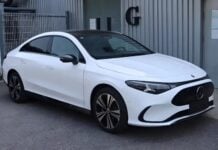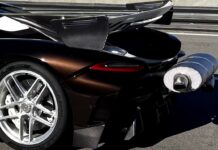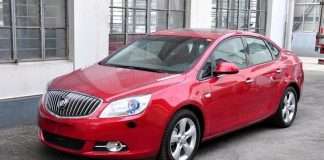BYD, a leading Chinese electric vehicle (EV) manufacturer, is doubling down on its commitment to lithium iron phosphate (LFP) battery technology, championing it as the safest and most reliable option for the rapidly expanding Chinese EV market. During a recent presentation at the 2025 Tokyo Motor Show, BYD’s General Manager of Brand and Public Relations, Li Yunfei, directly addressed safety concerns and underscored the strength of China’s battery industry.
The Rise of LFP Batteries in China
China currently holds a commanding position in the EV battery landscape – it’s the world’s fastest-growing market, boasts significant natural resources, and possesses a well-developed research and manufacturing base. While solid-state batteries are anticipated to offer future advancements, Li argued that current battery technologies are robust enough to meet consumer needs. This includes improvements addressing challenges like cold-weather performance.
Addressing Safety Concerns and Misconceptions
Li pointed to recent reports of EV fires involving batteries other than LFP as contributing to a perception that all EV batteries are inherently unsafe. He further noted that many consumers are not aware of the fundamental difference between LFP and ternary lithium batteries. BYD’s firm stance is to maintain LFP as the standard across its entire vehicle lineup, both current and future. As Li stated, “Safety is fundamental. Safety is the greatest luxury. Safety is a basic product goal.”
LFP’s Track Record: A Proven Technology
BYD highlighted the successful electrification of China’s public bus fleet over the past decade and a half as compelling evidence of LFP batteries’ reliability. The widespread adoption of LFP in electric buses has, notably, avoided serious fire incidents, even with buses frequently carrying dozens of passengers. This history of safety guided the industry’s choice of LFP for buses, creating a strong precedent for the technology’s application in passenger vehicles.
Market Dominance and Growth
Data from January to September 2025 clearly demonstrates LFP’s market dominance. During this period, LFP battery installations reached 493.9 GWh, representing a remarkable 42.5% year-over-year increase. Significantly, LFP batteries now account for over 80% of the Chinese EV market, solidifying their position as the preferred choice for electric vehicle manufacturers.
Technical Advantages: Longevity and Stability
Beyond safety, LFP batteries offer distinct technical advantages over their ternary lithium counterparts. These include:
- Extended Lifespan: LFP batteries consistently maintain capacity after over 3,500 charge-discharge cycles – considerably more than the roughly 2,000 cycles typical for ternary lithium batteries. This translates to longer-lasting batteries with fewer replacements.
- Enhanced Thermal Stability: LFP cells exhibit higher thermal stability, with thermal runaway temperatures exceeding 500°C. In contrast, ternary lithium cells typically have thermal runaway temperatures below 300°C, indicating a greater risk of fire.
Prioritizing Safety: A Call to the Industry
While acknowledging that some brands may continue to use ternary lithium to achieve longer driving ranges, Li urged the broader industry to prioritize safety as a fundamental standard. He emphasized that all participants in the EV sector should contribute positively to a safer environment. > “As a key participant in this sector, we hope all players contribute positively and prioritize safety as the baseline.”
In conclusion, BYD’s unwavering support for LFP battery technology reflects a strategic focus on safety and reliability within the rapidly evolving Chinese EV market. The company’s commitment, backed by market data and technical advantages, suggests a continued preference for LFP as the cornerstone of China’s electric vehicle future.


































